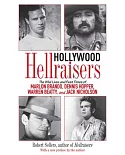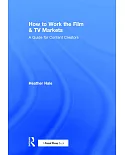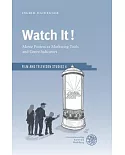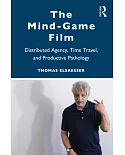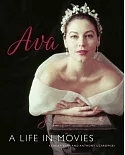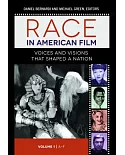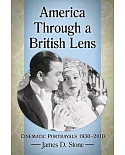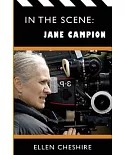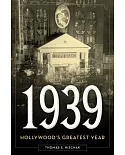Dilwale Dulhania Le Jayenge ("The Brave-Hearted Will Take the Bride"), universally known as DDLJ, opened to huge popular acclaim in India in 1995. Audiences flocked back to see it
again and again. Directed by first-time filmmaker Aditya Chopra, it has since become the longest-running film in the history of Indian cinema and has changed the face of Bollywood. DDLJ
was the first contemporary Hindi film to focus on Indian residents abroad (specifically, in this case, London). It's a heady cocktail of European locations, flashy cars, gorgeous mansions--a
feast for a newly liberalized nation--and the hearty, rustic traditions of Punjab. DDLJ has spawned numerous imitations and epitomizes popular Indian cinema today. But, as Anupama Chopra
points out, it's a paradoxical film that affirms old-fashioned values of premarital chastity and family authority, underlining the idea that Westernization need not affect an essential Indian
identity. Dilwale Dulhania Le Jayenge ("The Brave-Hearted Will Take the Bride"), universally known as DDLJ, opened to huge popular acclaim in India in 1995. Audiences flocked back
to see it again and again. Directed by first-time filmmaker Aditya Chopra, it has since become the longest-running film in the history of Indian cinema and has changed the face of Bollywood.
DDLJ was the first contemporary Hindi film to focus on Indian residents abroad (specifically, in this case, London). It's a heady cocktail of European locations, flashy cars, gorgeous
mansions--a feast for a newly liberalized nation--and the hearty, rustic traditions of Punjab. DDLJ has spawned numerous imitations and epitomizes popular Indian cinema today. But, as
Anupama Chopra points out, it's a paradoxical film that affirms old-fashioned values of premarital chastity and family authority, underlining the idea that Westernization need not affect an
essential Indian identity.


